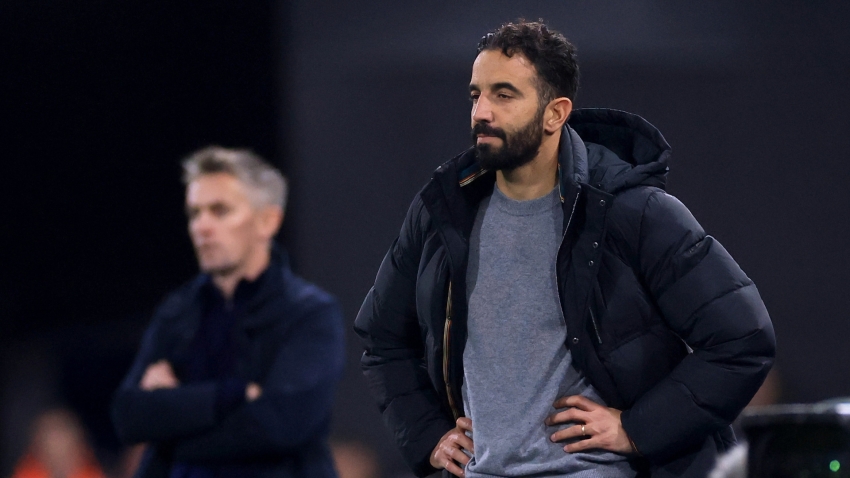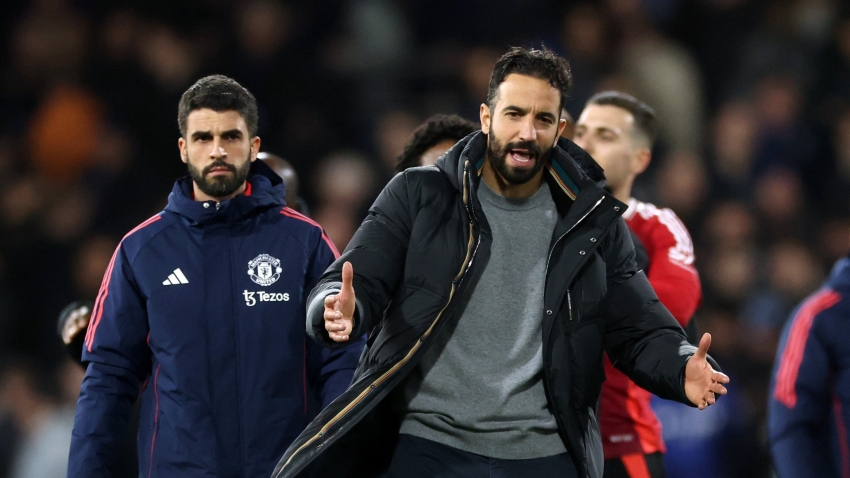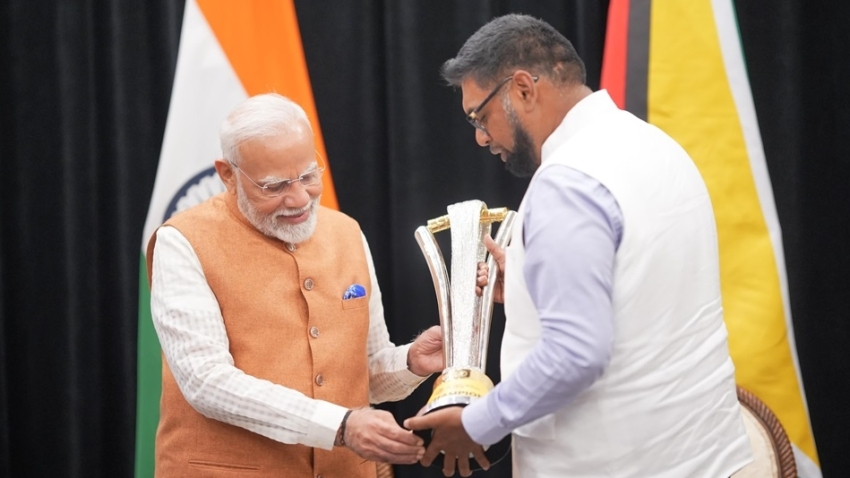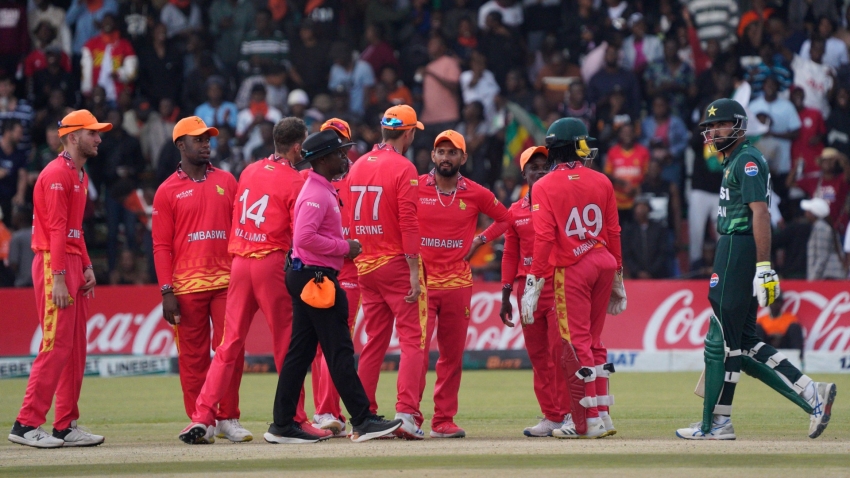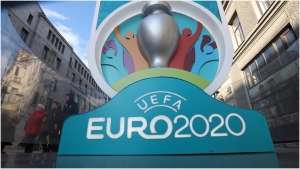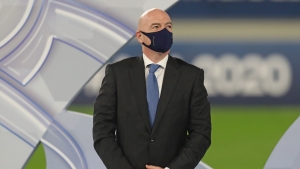UEFA is committed to its plan of hosting Euro 2020 across 12 host cities, despite the ongoing coronavirus pandemic.
Euro 2020 was due to take place last year, with 12 nations having been selected to host matches in celebration of the competition's 60th anniversary.
However, the COVID-19 crisis resulted in UEFA taking the decision last March to push the tournament back to 2021.
Although Europe is still struggling to deal with the pandemic, with many nations under lockdown rules and travel severely restricted in a bid to limit the spread of the virus, UEFA has reaffirmed its intention for the competition to take place later this year.
In a statement released on Wednesday, UEFA also said it is retaining hope that the 12 venues will be able to accommodate some fans, despite club competitions continuing behind closed doors.
The statement read: "UEFA repeated its commitment to holding the Euro across the 12 cities according to the timetable that has already been published.
"All parties recognise the need for flexibility around decisions to be made on the arrangements for the tournament, in order to reflect the different challenges and circumstances that cities find themselves in.
"As a result of that and the fast-changing nature of the situation around the pandemic, the deadline for the submission of plans to accommodate fans inside the stadiums has been moved to early April."
In limited numbers, spectators had been allowed into venues in certain European nations – including Germany, England and France – in 2020, though those schemes were ended as infection rates increased again.
"UEFA is committed to holding Euro 2020 in the 12 cities originally planned," UEFA president Aleksander Ceferin said.
"The Euro is the flagship competition for national team football in Europe and is a vital source of funding for grassroots and wider football development.
"I am optimistic that things are highly likely to be very different with regard to the virus as we move closer to the tournament and it is important that we give the host cities and governments as much time as we can to formulate an accurate picture of what will be possible come June and July.
"Fans are such a big part of what makes football special and that is true of the Euro as much as it is of any game. We must allow ourselves the maximum space to allow their return to the stadiums."
London, Rome, Glasgow, Bilbao, Dublin, Copenhagen, Amsterdam, Baku, Budapest, Bucharest, Saint Petersburg and Munich are the designated host cities for the finals.
Each city will host three group games, and one match in either the round of 16 or quarter-finals, with the semi-finals and final to be played at Wembley Stadium.










